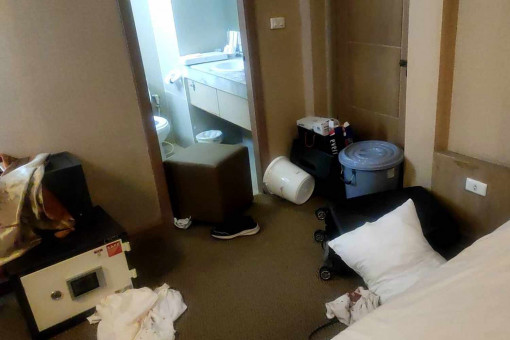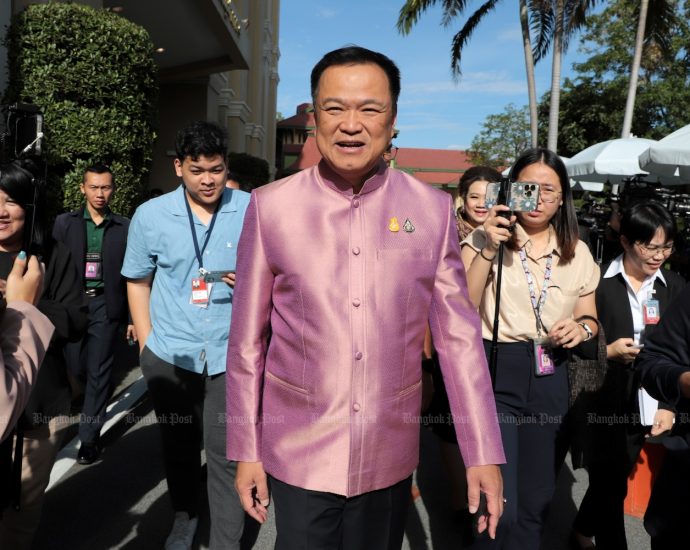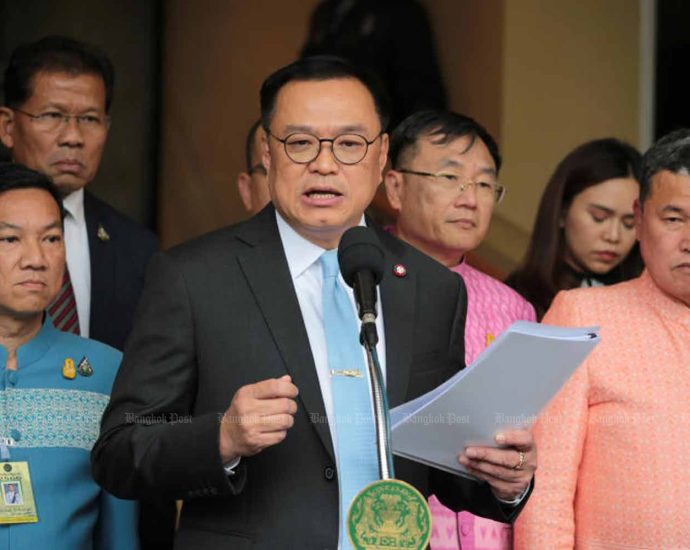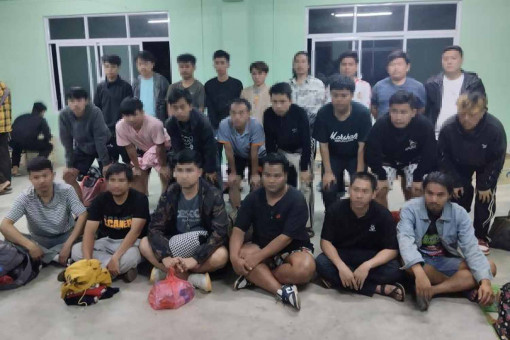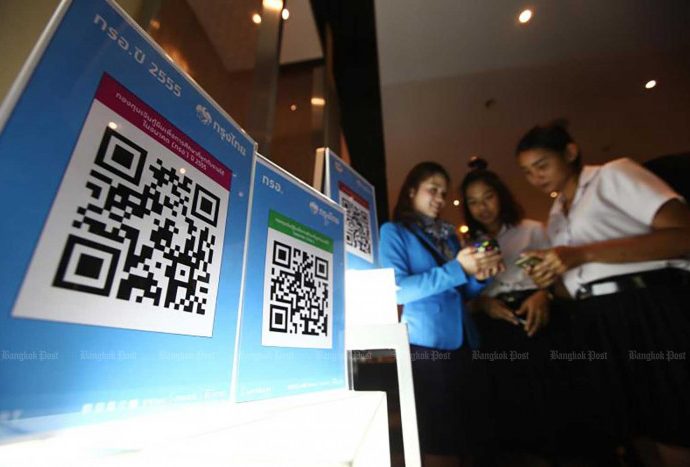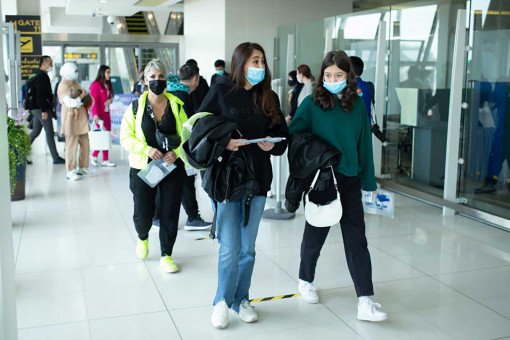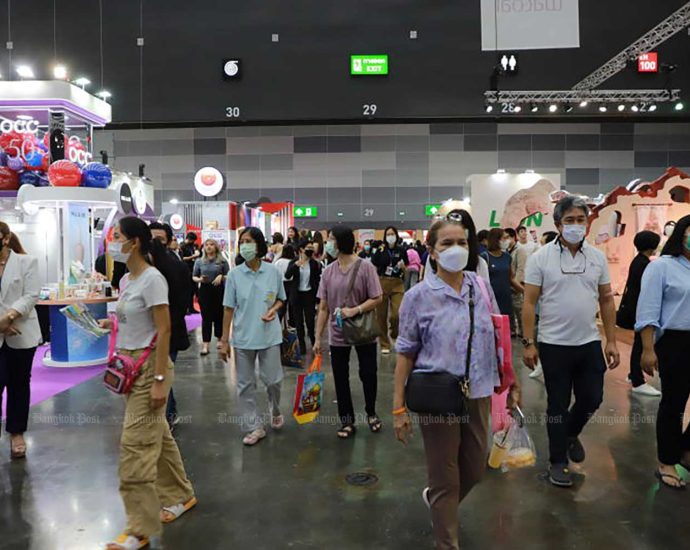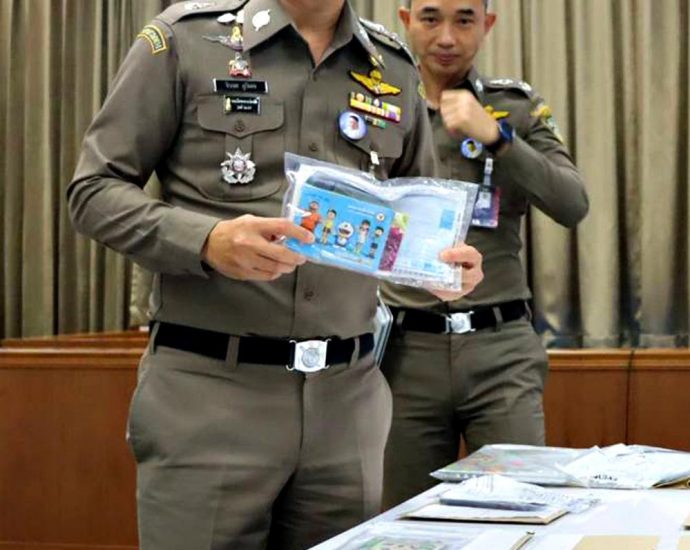Bound and gagged Taiwanese man found dead
PUBLISHED : 16 Nov 2023 at 17:19
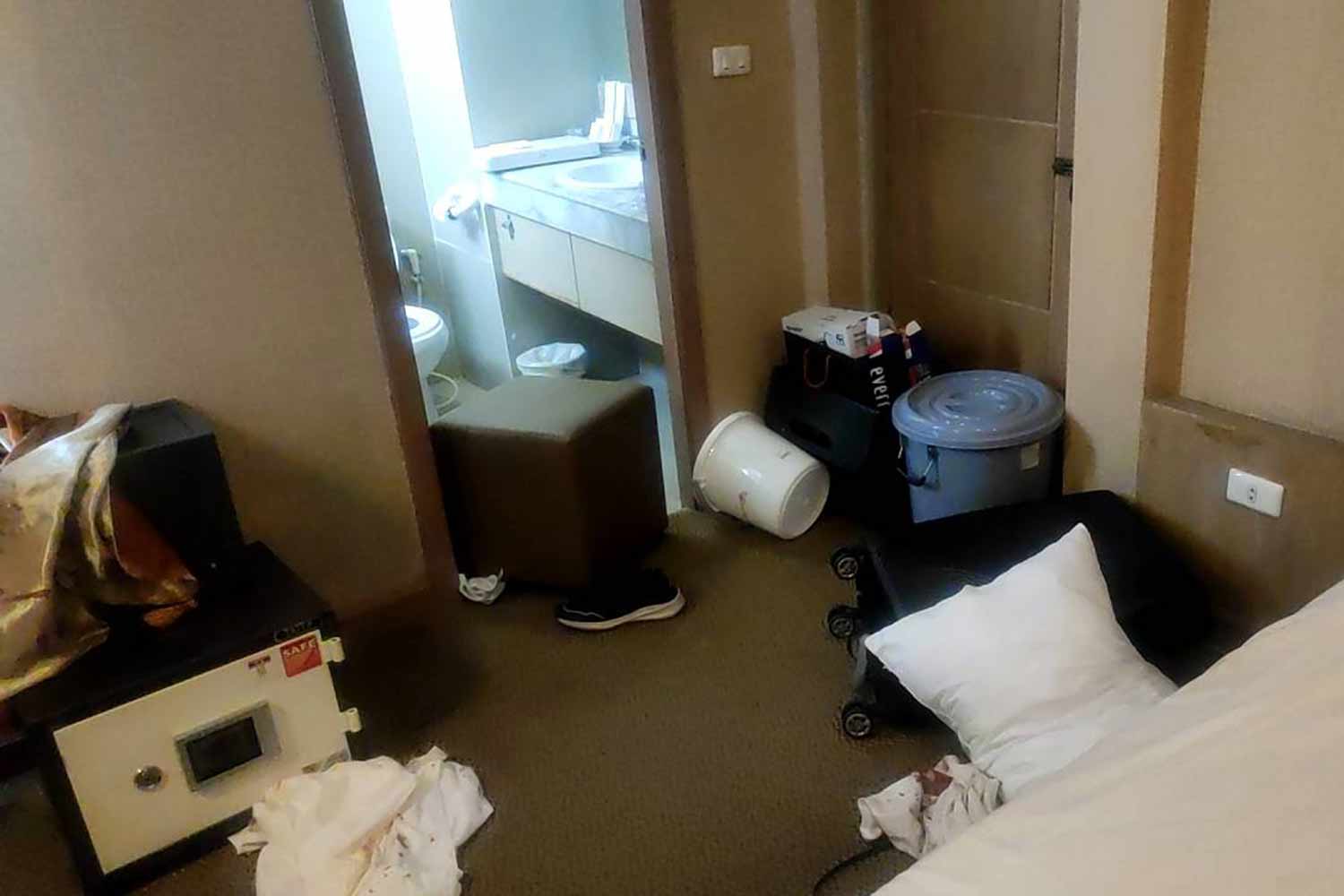
Police are investigating the death of a Taiwanese man who was found bound and gagged in a ransacked hotel room in Bang Na district on Thursday morning.
The 48-year-old man was found dead in a room on the sixth floor of the hotel on Udomsuk Soi 17 off Sukhumvit 103 (Udomsuk) Road, at around 10.30am.
Police found the body lying face-down beside a bed. The hands and legs were tied and the head was wrapped tightly in a transparent plastic sheet. Investigators believe the man had been tortured. The room had been ransacked.
Hotel staff said the man checked in alone at 12.43pm on Tuesday. Police are continuing their investigation.

